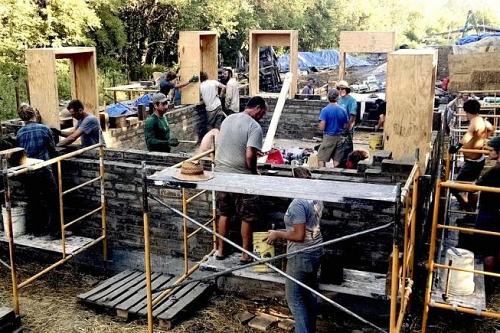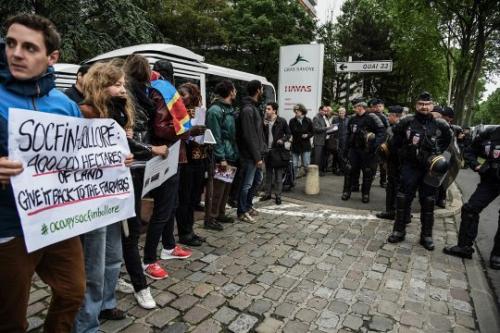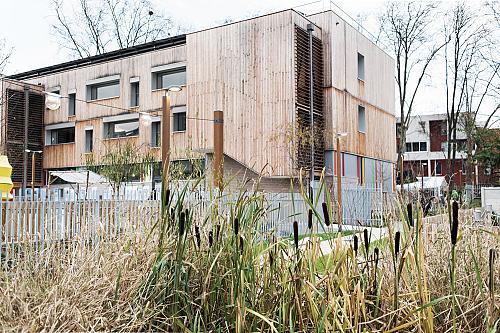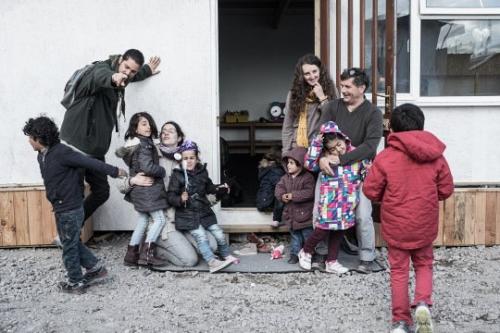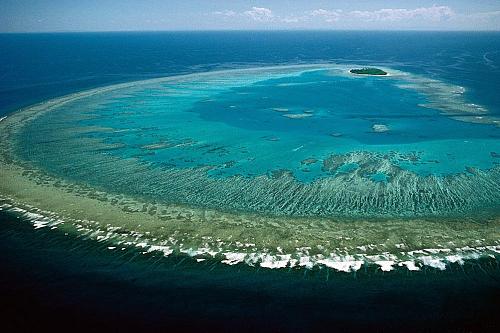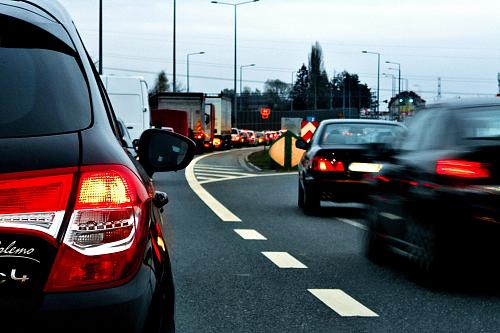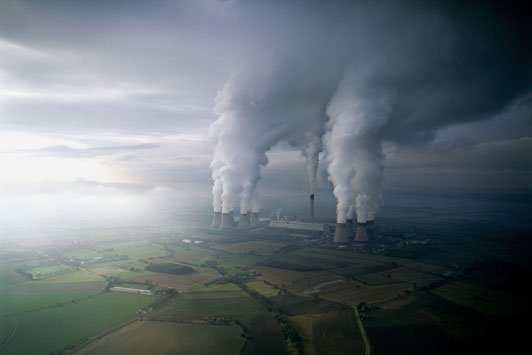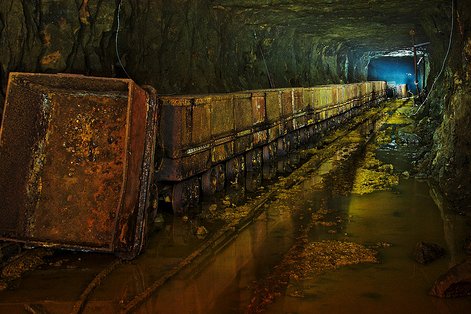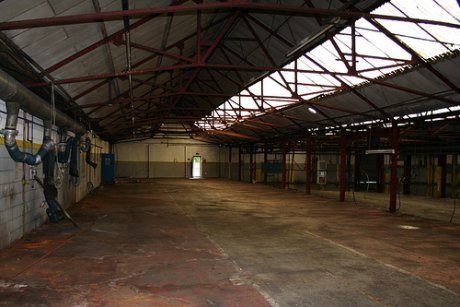Straw Bale Schools and Public Buildings: Greener and Cheaper than Concrete
Instead of concrete and fibreglass, what about opting for straw? An inexpensive, readily-available insulation material that is both renowned for its high performance and for being environmentally friendly. Although for a long time it was used primarily for houses, straw is now being successfully put to use in public buildings, schools, kindergartens and community halls with an increasing number of experiments in both cities and rural areas thanks to a few proactive councillors. And since 2012, an official building code on straw constructions is available, which consulting firms and insurance companies can refer to. But these projects would not see the light of day without the motivation and determination of local councillors and building professionals. An encounter with the pioneers of the low-carbon buildings of the future.
By
Jean de Peña,
Nolwenn Weiler




